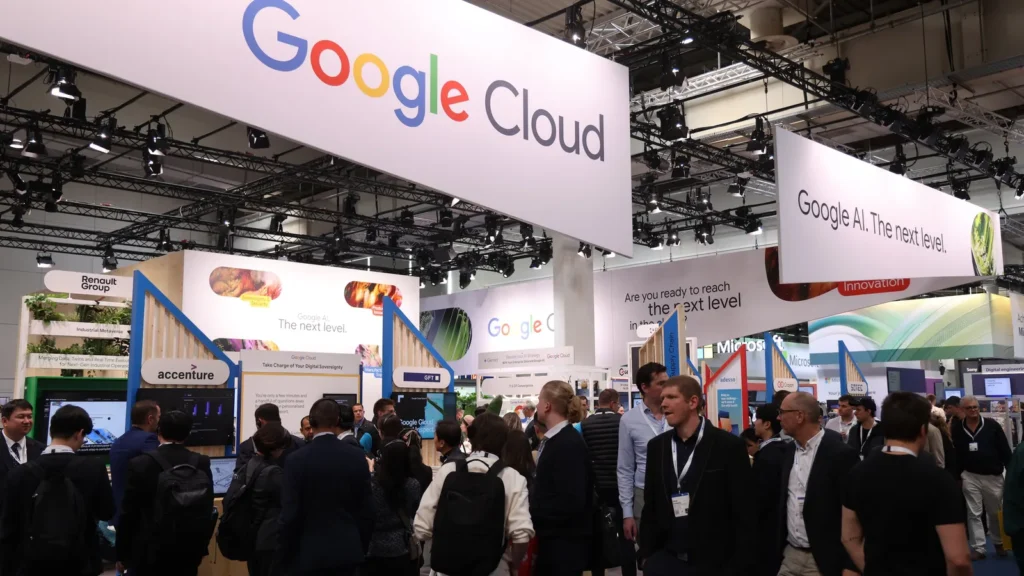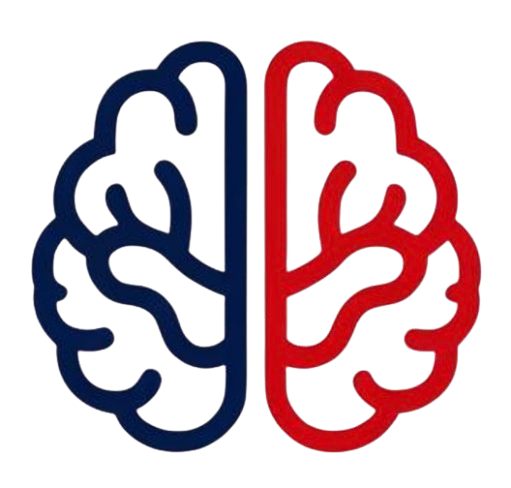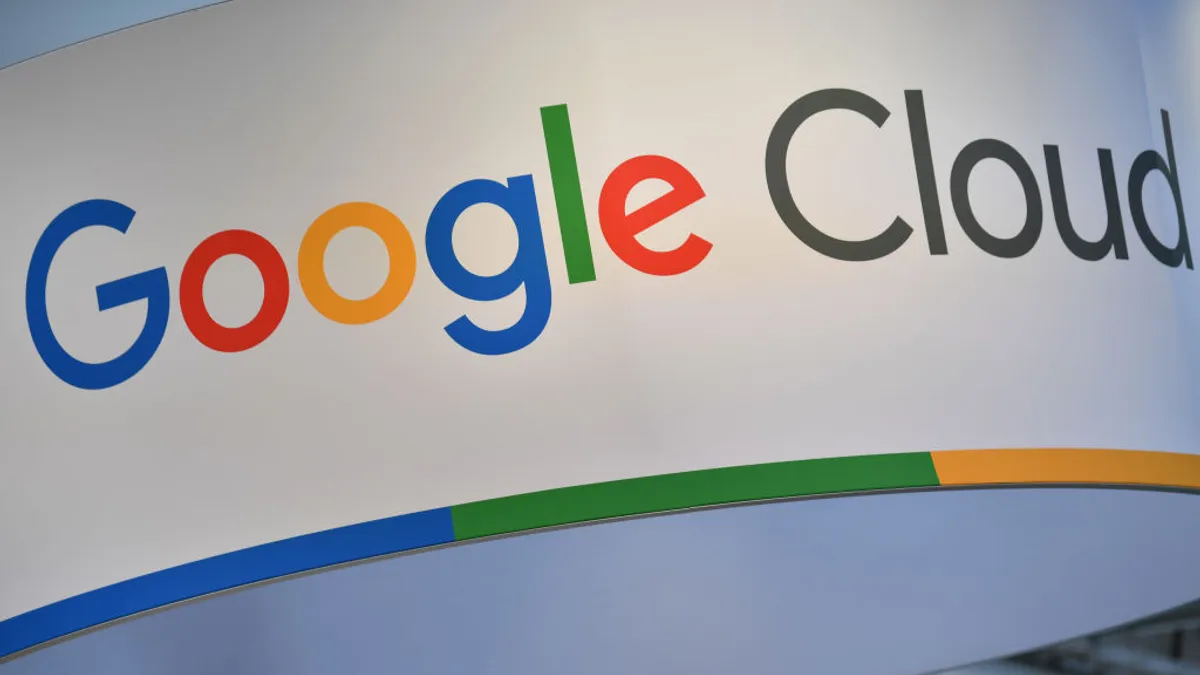Picture this: instead of making three or four different phone calls to schedule a doctor’s appointment, arrange transportation, and pick up your medicine, what if one intelligent system could take care of it all for you? That future may be closer than we think, thanks to new developments in artificial intelligence (AI) from Google Cloud.
Musumeci Online – The Podcast. It is perfect for driving, commuting, or waiting in line!
A Smarter Kind of AI Is Arriving
This week, Google Cloud introduced a set of new tools designed to make AI more helpful in hospitals and clinics. At the heart of this announcement is something called Agentic AI — a type of AI that can take on more complex tasks and even work together with other AI systems.
Think of these agents as helpful digital coworkers that don’t just answer questions like a chatbot, but can actually take action, follow steps, and solve bigger problems. And just like humans, they work better when they collaborate.
The “Agent Garden”: A Home for Helpful AI
One of the most exciting new tools is called the Agent Garden. It’s like an online marketplace or app store, but instead of games and entertainment, it offers ready-to-use AI agents built by Google, healthcare companies, or even hospitals themselves.
For example, one agent in the Garden is the Deep Research Assistant, which can scan large amounts of medical data and summarize key findings, showing its reasoning step by step—like a digital detective that explains how it cracked the case.
“We are orchestrating different activities and different technologies to all work together.” – Sameer Sethi, Chief AI Officer at Hackensack Meridian
When AI Agents Talk to Each Other
Even more powerful is the new Agent2Agent Protocol, a kind of universal language that lets different AI agents communicate with each other—even if they were built by different companies or teams.
It’s a bit like giving people from around the world a shared translator so they can work together smoothly. With this protocol, AI agents can combine their strengths to solve complex tasks. Imagine them organizing patient care, handling billing issues, and speeding up insurance claims—all while you focus on getting better.

Real-World Use: What Hospitals Are Doing Today
Some hospitals are already putting this technology to use. Highmark Health, based in Pittsburgh, has over 14,000 employees using generative AI in their daily work, from writing software to managing customer support. Meanwhile, Hackensack Meridian Health in New Jersey is exploring how agents could help improve patient scheduling.
Let’s say a patient needs to visit an orthopedic specialist, arrange transportation, get access to a wheelchair, and pick up medication. Usually, this requires several separate steps. In the near future, AI agents could handle it all in a single, seamless experience.
A New Era of Connected Healthcare
This isn’t just about convenience—it’s about transforming how healthcare works behind the scenes. AI agents can automate repetitive tasks, reduce stress for healthcare workers, and improve how quickly and smoothly patients receive care.
As Sameer Sethi, the Chief AI Officer at Hackensack Meridian, puts it: “We are orchestrating different activities and different technologies to all work together.” It’s like having a digital conductor guiding an orchestra, making sure every instrument plays in harmony.


Leave a Reply